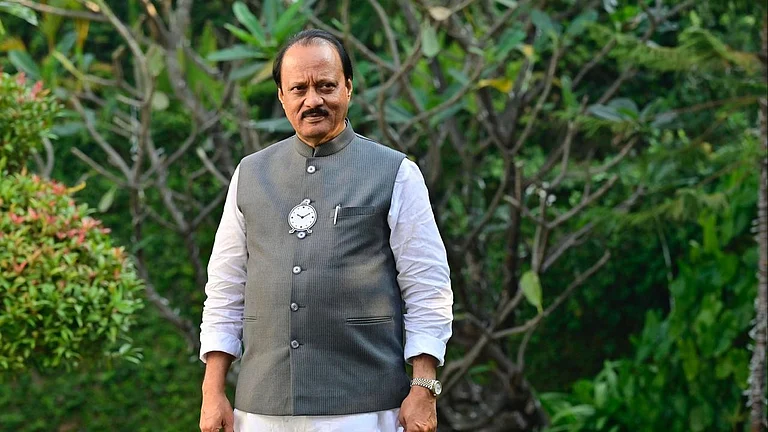In a significant political development, Maharashtra Deputy Chief Minister and NCP (Ajit Pawar faction) leader Ajit Pawar has secured a key victory in the Malegaon Cooperative Sugar Mill elections in Baramati, a seat that had eluded him for the past four decades. This marks the first time since the 1980s that Pawar has gained direct control over the powerful sugar cooperative, a long-standing bastion of the Sharad Pawar-led NCP faction.
The win is more than just symbolic. In the complex political terrain of Maharashtra, especially in the sugar belt of western and central regions, cooperative institutions like sugar mills are deeply intertwined with political power.
Sugar cooperatives are not merely economic enterprises, they are political hubs that command significant influence over rural voters, agricultural policies, and local leadership structures.
What The Victory Means For Ajit Pawar
Ajit Pawar’s triumph in the Malegaon mill poll is being seen as a key assertion of his independent political base, especially in Baramati, traditionally seen as the stronghold of his uncle and political rival, Sharad Pawar. Since splitting the NCP last year, Ajit Pawar has faced the challenge of proving his electoral strength and organizational hold beyond his role as Deputy CM. Winning control of such a strategic cooperative underscores his growing clout at the grassroots level.
By securing the leadership of the Malegaon mill, he strengthens his grip on the local cooperative network, builds a loyal cadre of rural leaders, and reaffirms his relevance among sugarcane farmers and mill workers, a voting bloc that has historically tilted Maharashtra’s political balance.
The Political Power Of Sugar Mills
In central and western Maharashtra, sugar mills are more than just economic engines, they are political institutions that shape rural power dynamics. Politicians who control these cooperatives often control local election outcomes. They have access to a steady workforce, financial networks, and the ability to offer jobs, credit, and procurement advantages to farmers.
Over the decades, Maharashtra’s cooperative sugar sector has bred some of the state’s most powerful political leaders, including Sharad Pawar himself. Control over these institutions translates into influence over local panchayats, zilla parishads, and eventually, assembly and parliamentary seats.
Ajit Pawar’s win is thus not just a reclaiming of territory, but a signal to rivals, including his uncle that the battle for Maharashtra’s rural heartland is far from over.


























